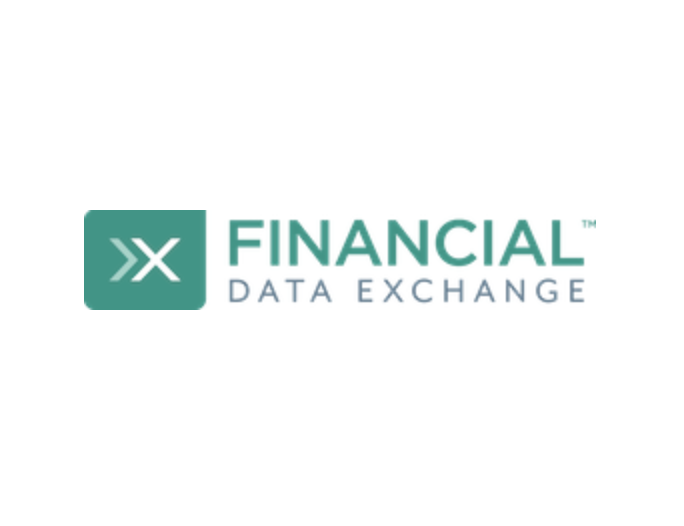The FDX API is the leading industry-led open finance standard in the U.S. and Canada, managed by the Financial Data Exchange (FDX). As of 2026, the non-profit consortium has grown to over 180 members and has transitioned more than 100 million consumer accounts to its secure API specification.
In the United States, FDX was formally recognized as a standard-setting body (SSB) following the CFPB’s finalization of the Section 1033 rule in late 2024, the regulatory environment has since shifted. Currently, the Section 1033 rule is under a judicial stay due to ongoing litigation (Forbright Bank v. CFPB), and the CFPB—under new leadership in 2025—has de-prioritized enforcement of the rule’s compliance deadlines.
In Canada, despite this legal and political uncertainty, the FDX API v6.x remains the de facto technical standard for the industry, providing a secure alternative to screen scraping that major financial institutions, aggregators and technology service providers continue to adopt voluntarily.


